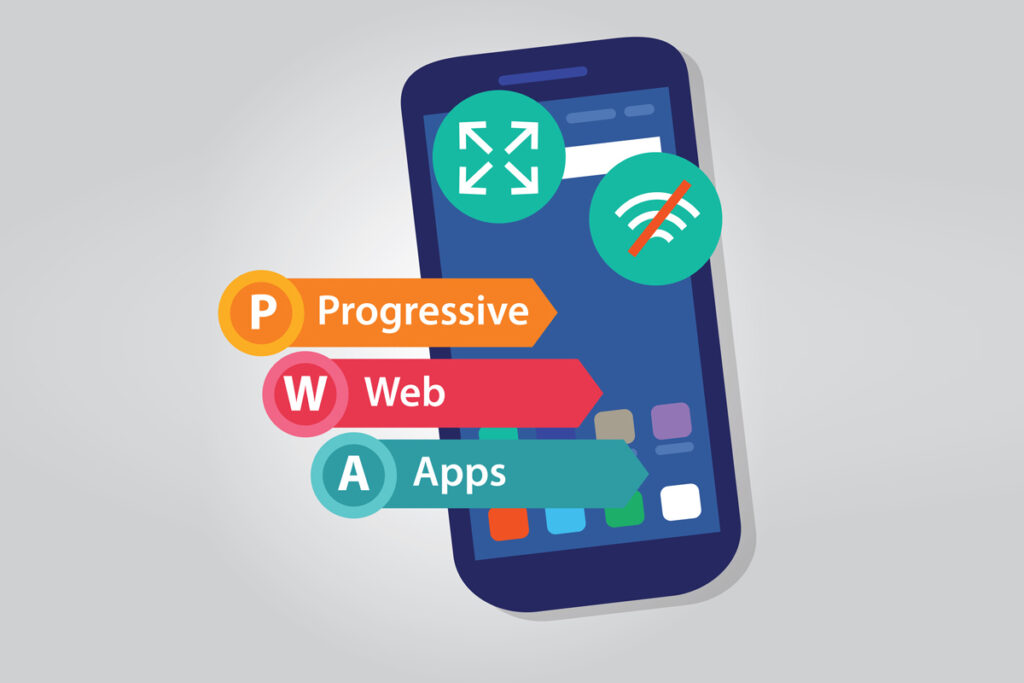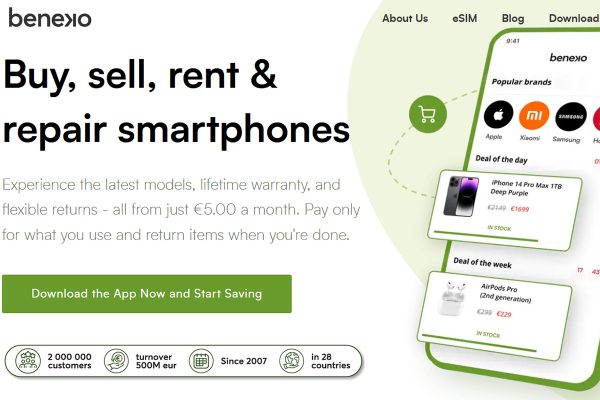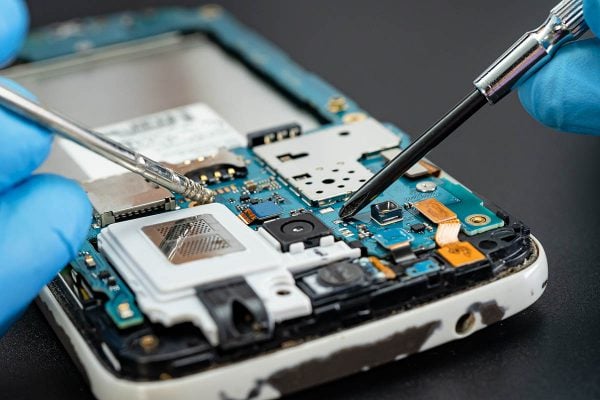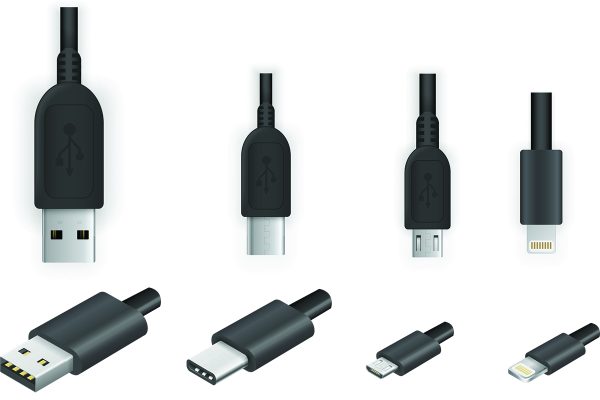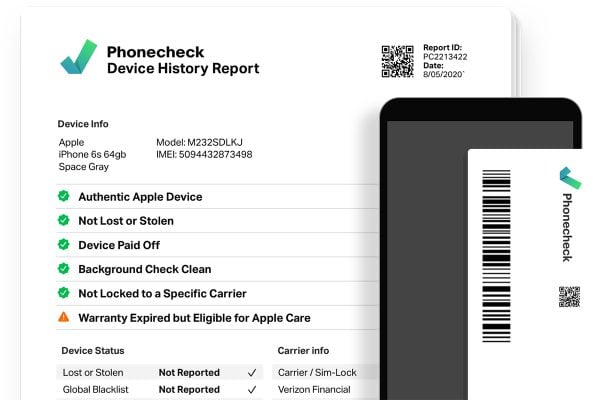 Getting a customer to download your mobile app is hard work but a better experience than a mobile view of a desktop site. That’s where Progressive Web Apps (PWAs) come in to bridge the gap between a website and a mobile app.
Getting a customer to download your mobile app is hard work but a better experience than a mobile view of a desktop site. That’s where Progressive Web Apps (PWAs) come in to bridge the gap between a website and a mobile app.
Today, Phoebe Haig, Marketing Manager for JH explains how PWAs can boost the customer experience on your website.
Why should you care about Progressive Web Apps?
Simple answer: Because you care about customer experience. So, how will PWAs improve the shopping experience for your customer?
But first, what’s a PWA?
Essentially, they’re a mobile app delivered through the web. Functioning like a native app, due to the use of an app shell that allows for the app-style experience consumers have come to expect – but, with no need to download it from an App Store. Combining everything that’s good about a native mobile application, with everything that’s better about a mobile site, they’re set to change the mobile landscape.
A PWA runs self-contained, right in a web browser. They’re able to load instantly, when in low areas of connectivity. With the help of pre-caching, the app stays up to date at all times, displaying the most recent version upon launching. Read more about the technical advantages of PWAs.
How do PWAs improve customer experience?
Speed
The native apps that most users have installed on their device update automatically and often times this requires a manual update or a Wi-Fi connection. PWAs don’t have this problem. As they are similar to websites, the update happens ‘on-use’ very much in the way a website is updated. You see the update when you load the PWA and it doesn’t have to be updated in the background or before you launch it like a native app.
Strong
Whilst claims that PWAs can be used offline are perhaps overly optimistic, mobile users who use their devices whilst travelling, especially on trains where connection is more often than not flakey to say the least, will certainly notice the difference with PWAs. The PWA is stronger in areas of very little connectivity, and when faced with some short temporary loss of connectivity too.
Across devices
Omnichannel is a day to day reality, pretty much whichever your audience demographic is. Where once we as consumers online shopped only at our desktops, we now use several devices on a daily basis: laptops, tablets and phones. PWAs tap into this always-on mentality perfectly. Because PWAs are hosted online, they work across all devices, offering the same experience whichever your customer is on.
Space
Mobile apps can take up a lot of storage space on phones, and PWAs will, by and large, take significantly less. Your customer won’t need to download an app to benefit from all the expected features, so notifications and location services are all there, and without that trip to the App Store.
A PWA is linkable, which means anyone can launch the app straight from a URL. A business can share it on social media, email, text message, online ad, and the user will instantly be immersed into the app. Getting rid of the several stages it takes to download an app seems a really big deal for customers, as 20% of users are lost at each step of downloading a native app.
What now?
Twitter, Uber, Starbucks – all already reaping the rewards of PWA technology… think these big brands will have got it wrong? For sure, they haven’t. Current stats would have that around 60-70% of your traffic comes from mobile, and most customers don’t want to download an app unless it’s for something they might use every day, persuading consumers to download new ones is one of the hardest sells. As an ecommerce business, you no longer have to choose between creating an app that provides and amazing experience, or a website that’ll see more traffic – going forward, you’ll get the best of both worlds in one PWA.
If you want to find out more about PWAs and how they can drive your ecommerce, get in touch with us at JH today.
